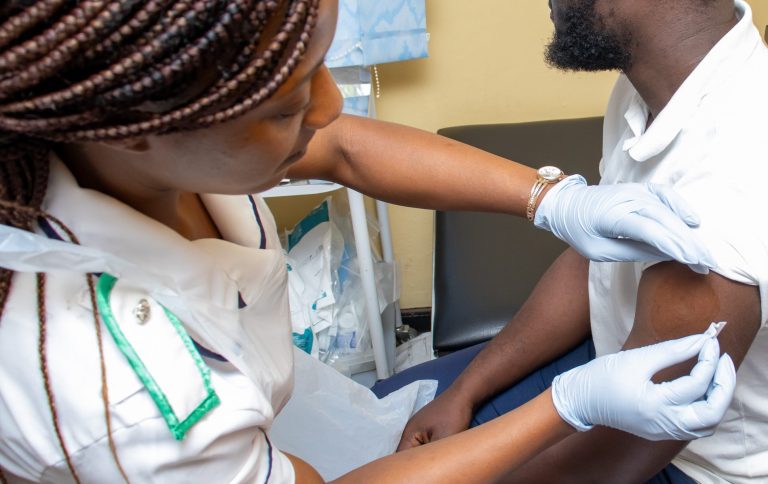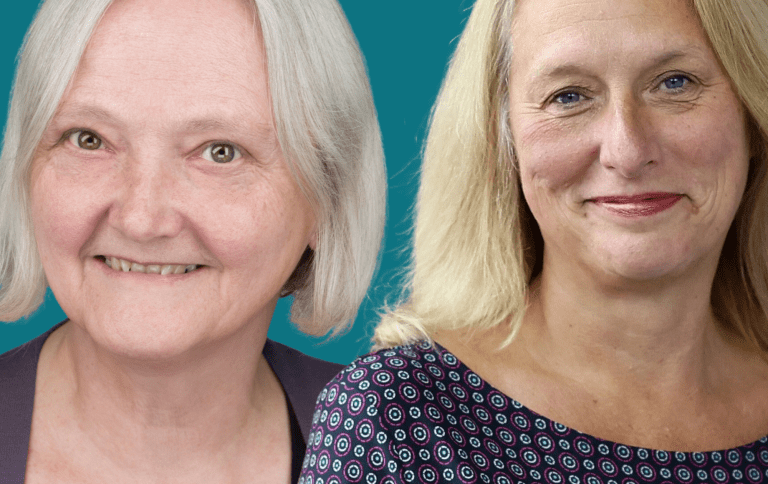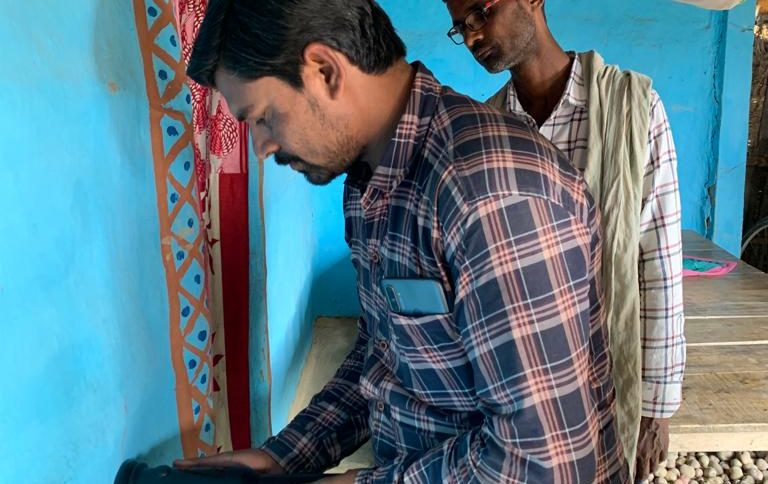- Find our latest Case Studies
- Our Platforms
Our Platforms
- Platform 1: Bioactives Library – Shaping novel antimicrobial products
- Platform 2: Hits to Leads – Developing new innovative antibiotics
- Platform 3: Organoid modelling – Enhancing drug discovery
- Platform 4: Advanced AMR Modelling
- Platform 5: Human Challenge – Small scale clinical trials
- Platform 6: Diagnostics
- Platform 7: Randomised Control Trials
- Platform 8: Mapping and Modelling
- Platform 9: Nanotherapeutics
- Platform 10: Antibody Humanisation
- Platform 11: Long-Acting Therapeutics
UK Government investment is vital to combat global scourge of AMR

Professor Janet Hemingway, iiCON Founding Director
Dr Pete Jackson, CEO of Infex Therapeutics, iiCON co-founding partner
As the world wakes to the reality of the crisis posed by antimicrobial resistance (AMR), it’s clear that decisions taken today will have critical impact on our collective ability to contain this looming tsunami with the potential to strike through the global health system – wiping out gains made over decades.
Alexander Fleming’s discovery of penicillin in 1928 marked a step-change for humanity – saving and improving billions of lives and freeing us from the fear of dying a horrendous death from a simple uncontrolled infection.
The impact of this freedom on our collective confidence and the ability it has given us to make significant strides in healthcare and other sectors, cannot be overstated. But now, almost 100 years on, the tide is turning.
We call it a threat, but AMR is already a global health crisis. The World Health Organisation (WHO) attributes almost 5 million deaths annually to bacterial infections. Annual loss of life globally is expected to reach 10 million deaths by 2050, with an estimated economic cost of $100 trillion.
This global impact, coupled with the poor state of research and development investment into new antimicrobials, has led the WHO to designate AMR as one of the top 10 global public health threats facing humanity.
As COVID-19 made starkly clear, infectious diseases don’t respect international borders and global leadership to support collaborative action to address this significant bio security threat is critical.
For many years, the UK has been at the vanguard of the global battle against AMR, working with international partners to invest in programmes to drive forward innovation, build capacity and support surveillance and stewardship in low- and middle-income countries.
Organisations such as The Fleming Fund have led the charge as flagship examples of the UK’s global leadership in AMR. The work done by The Fleming Fund over the last ten years has been key in international efforts to build laboratory capacity, enable data sharing and strengthen antimicrobial surveillance systems across low- and middle-income countries, allowing for proactive, data-driven responses before they escalate globally.
It’s critical that the gains made through the UK government’s investment in global programmes to stem the flood of AMR aren’t lost. As we enter a period of significant geo-political instability and uncertainty, continuing to work together across borders to share knowledge, resources, and strengthen capacity is vital to shore up our defences against this common enemy. The UK must continue to play its part.
As a consortium iiCON works to accelerate development of products, therapeutics, and vaccines to combat AMR; we see first-hand the challenges facing organisations bringing forward the pioneering solutions needed to respond to this crisis.
Our eleven platforms are playing a key role in driving forward innovative solutions to combat antimicrobial resistance. We work with industry partners, particularly early-stage start-ups and smaller biotechs, to support and drive forward programmes that are contributing to the global AMR effort.
Continued investment from Government is critical to ensure pioneering UK infection innovation such as this receives the support it needs to make a global impact. As a global life science leader, the UK must continue to prioritise this critical national security threat.
As the Government has recognised in its ten-year health plan, the health of the UK population is interconnected with global health security. Investment in infrastructure and innovation to drive forward new solutions to combat AMR is essential
Directing funding to initiatives, such as iiCON, that can build on existing regional capability and work synergistically in finding new solutions, will help to ensure the UK is able to bring forward the pioneering solutions needed to respond to this highly complex global challenge.


